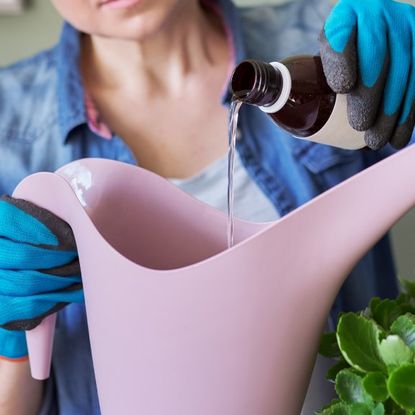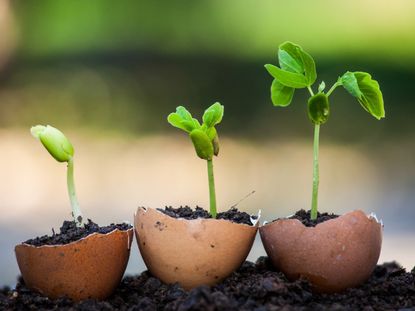Soil, Fixes & Fertilizers
Knowing how soil affects plant growth is important to growing a successful garden. Healthy soil means healthy plants. That said, it helps to learn about the different types of soil textures and how each can affect the garden. In addition, knowing about the various types of fertilizers for soil enhancement can help you learn how to improve soil health for growing healthy, happy plants. In the pages that follow, you will find numerous types of fertilizers to improve soil health and everything you need to know about the different types of soil.
-
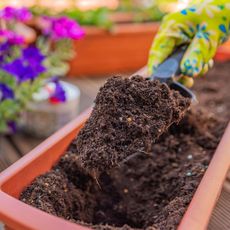
6 Things To Do With Old Potting Soil To Get The Most Out Of It
What to do with old potting soil is a common question. Don’t throw it away! Here are 6 things to do instead.
By Teo Spengler
-
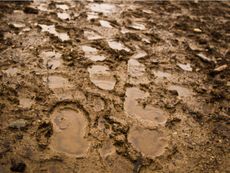
Preventing Soil Compaction: How To Fix Compacted Soil In The Garden
By Mary Ellen Ellis
-
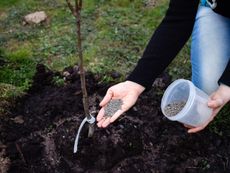
Picking The Best Fertilizer For Fruit Trees
All fruit trees need fertilizer, but how much and what kind can seriously vary. Make sure you're doing it right.
By Teo Spengler
-
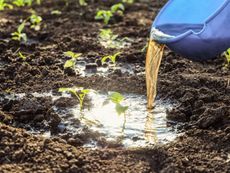
The Best Liquid Fertilizer For Vegetables
Learn how to use liquid fertilizer on your vegetable plants, and a DIY tip for how to make your own at home.
By Amy Grant
-
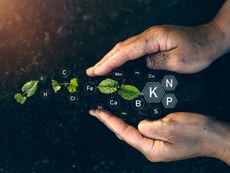
Soil Nutrients: Everything You Need To Know
Soil nutrients are absorbed by plants. Learn what nutrients are in soil and why they’re important in your garden.
By Teo Spengler
-
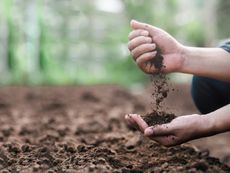
Soil Conservation Guide – Everything You Need To Know
Soil is the lifeblood of our planet and we need to keep it healthy and fertile. Learn more about soil conservation.
By Teo Spengler
-
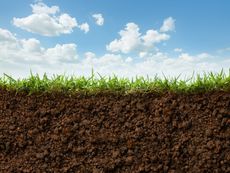
What Is Soil Made Of?
Finding the right soil is one of the most important factors in growing healthy plants. So what is soil made of? Click here to find out.
By Nikki Tilley
-
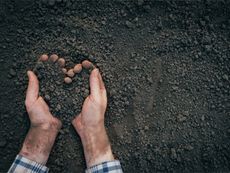
Improving Soil Quality: How To Condition Soil For Better Plant Growth
Improving soil quality is an essential part of gardening. Soil conditioner is a great way to accomplish this. Learn more here.
By Ilana Goldowitz Jimenez
-
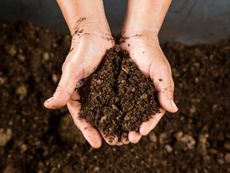
How To Determine Soil Texture By Feel
Here’s a simple guide to get a read on your soil texture using your hands rather than sending for a soil test. It’s easy.
By Teo Spengler
-
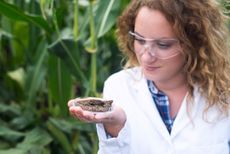
Microbes In The Soil – How Do Soil Microbes Affect Nutrients
Learning more about the role of microbes in the soil is just one way to increase the overall health of the garden. But, can plants benefit from soil microbes? Learn more about soil microbes and nutrients in this article. Click here for more information.
By Tonya Barnett
-
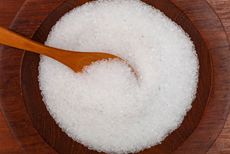
Information About Using Epsom Salts For Plants
Epsom salts may help certain plants by boosting other needed nutrients, but its best quality is the magnesium it contributes. Click for more.
By Nikki Tilley
-
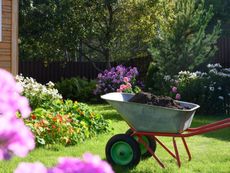
How To Amend Soil Around Existing Plants
Your plants will love these amendments. Learn how to fix the soil in your garden bed without starting from scratch.
By Mary Ellen Ellis
-
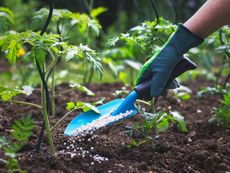
Spring Fertilizing Tips: When to Fertilize And What Fertilizer To Use In Spring
Spring is the best time of the year and also time to begin fertilizing most plants. So just when to fertilize in spring? Click here to find out.
By Bonnie L. Grant
-
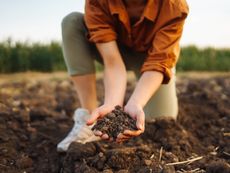
What Is Silt And How Does It Impact Soil
What is silt? Learn the differences among silt, clay and sand, and how silt contributes to plant fertility.
By Laura Miller
-
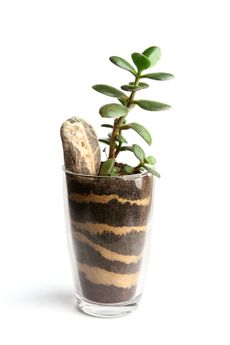
What Is Horticultural Sand: How To Use Sand For Plants
Horticultural sand for plants serves one basic purpose, it improves soil drainage. This is critical for healthy plant growth. For information about and to learn when to use horticultural sand, click on the following article.
By Mary H. Dyer
-
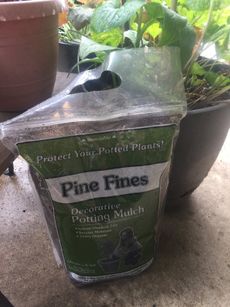
What Are Pine Fines – How To Use Pine Fines With Your Soil
Whether caused by a lack of nutrients or poor drainage, in most cases, various amendments, like that of pine fines, are needed as increase the chances of healthy crops and bountiful harvests. So, what are pine fines? Click here to learn more.
By Tonya Barnett
-
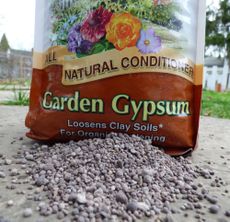
What Is Gypsum: Using Gypsum For Garden Tilth
Gypsum will not loosen your soil, even though some gardeners are under the impression that this is one of the primary uses of gypsum. What is gypsum? Read this article for important garden gypsum information.
By Bonnie L. Grant
